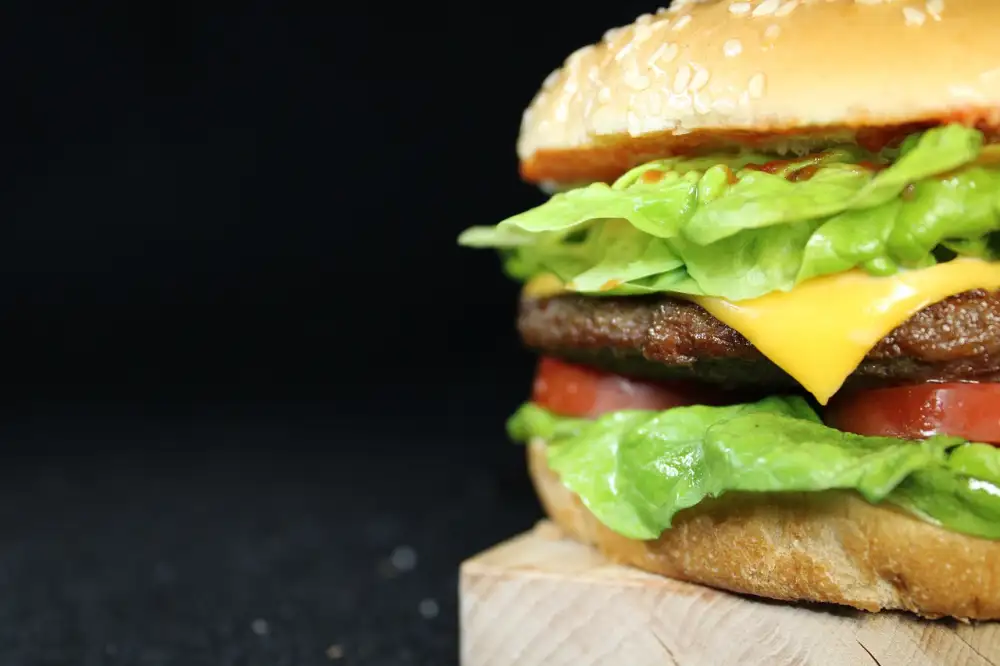Burger King Store Closures: The Latest News on the Fast Food Chain's Shutdowns

Burger King, one of the world's largest fast food chains, is currently facing a wave of closures. The COVID-19 pandemic has taken a toll on the restaurant industry, and Burger King is no exception. With declining sales and changing consumer behavior, the company has been forced to make some difficult decisions. As we delve into the latest news surrounding Burger King's closures, it becomes evident that these are challenging times for the beloved fast food chain.
Impact of COVID-19 on Burger King
The COVID-19 pandemic has had a significant impact on the fast food industry, and Burger King is no exception. The widespread closures of businesses and restrictions on dining in have led to a sharp decline in sales for the popular fast food chain. With people staying at home and prioritizing health and safety, the demand for quick-service restaurants like Burger King has decreased. As a result, Burger King has been forced to make difficult decisions regarding store closures to mitigate financial losses. The pandemic has undoubtedly presented unprecedented challenges for Burger King and other fast food chains, forcing them to adapt their operations to survive in these uncertain times.
Number of Burger King stores closing
As a result of the ongoing COVID-19 pandemic, Burger King has been forced to close a significant number of its stores worldwide. The fast-food chain has seen a substantial decline in sales and customer traffic, leading to financial difficulties for many franchisees. This has resulted in the closure of numerous Burger King locations across various countries. While the exact number of closures is constantly changing, reports suggest that hundreds of stores have already shut down, with more expected in the coming months. These closures have had a significant impact on both employees and communities that rely on these establishments for employment and convenient dining options.
Reasons behind the closures
There are several reasons behind the closures of Burger King stores. Firstly, the COVID-19 pandemic has significantly impacted the fast food industry, leading to a decrease in customer traffic and sales. With restrictions on dining-in and people opting for takeout or delivery, Burger King's revenue has taken a hit.
Additionally, changing consumer preferences have played a role in the closures. As more people focus on healthier eating habits and seek out alternative options like plant-based burgers, traditional fast food chains like Burger King have faced challenges in adapting their menus to meet these demands.
Furthermore, rising costs of ingredients and labor have also contributed to the closures. The increased prices of essential ingredients such as beef and potatoes have put pressure on Burger King's profit margins. Moreover, with minimum wage increases in many regions, the cost of employing staff has risen significantly.
Lastly, some closures may be attributed to underperforming locations or lease expirations. As part of their regular business evaluations, Burger King may choose to close stores that are not meeting their financial targets or where lease agreements are ending.
These various factors combined have led to the unfortunate closures of several Burger King stores across different regions.
Impact on employees and communities
The closures of Burger King stores have had a significant impact on both employees and communities. With the shutdowns, many employees have been left without jobs, facing financial uncertainty during an already challenging time. This has led to increased unemployment rates in the areas where Burger King stores have closed.
Additionally, the closures have affected the communities that relied on these fast food chains for meals and employment opportunities. For some neighborhoods, Burger King was not just a place to grab a quick bite, but also a gathering spot for friends and families. The absence of these stores has left a void in the community fabric.
Furthermore, local suppliers who provided ingredients to Burger King are also feeling the effects of the closures. With fewer orders from the fast food chain, these suppliers are experiencing decreased demand for their products, impacting their businesses as well.
Overall, the closures of Burger King stores have had far-reaching consequences beyond just the company itself. The loss of jobs, community spaces, and economic activity is deeply felt by employees and communities alike. It remains to be seen how these individuals and neighborhoods will recover from this setback.
Burger King's plans for the future
Burger King is not letting the store closures dampen its spirits. Despite the challenges faced during the COVID-19 pandemic, the fast food chain is determined to bounce back stronger than ever. Burger King has outlined several plans for the future, aiming to regain its position in the market. The company is focusing on enhancing its digital presence and delivery services to cater to changing consumer preferences. Additionally, Burger King is exploring innovative menu options and revamping its marketing strategies to attract new customers. With a strong commitment to adaptability and innovation, Burger King is confident in its ability to overcome these closures and emerge as a leader in the fast food industry once again.
The closure of several Burger King stores due to the impact of COVID-19 has undoubtedly been a challenging time for the fast-food chain. However, Burger King remains committed to weathering this storm and emerging stronger than ever.
With a focus on adapting to changing consumer preferences and embracing digital innovation, Burger King is determined to bounce back from these closures. The company is investing in technology and delivery services to meet the evolving needs of its customers.
While the closures have undoubtedly had an impact on employees and communities, Burger King is working tirelessly to support affected individuals. Efforts are being made to provide assistance, such as job placement services and financial aid, to those who have been affected by store closures.
Looking ahead, Burger King has ambitious plans for the future. The company aims to expand its presence in new markets, introduce innovative menu offerings, and enhance customer experiences. By staying true to its core values of quality food and exceptional service, Burger King is confident in its ability to overcome these challenges and continue delighting customers around the world.
In conclusion, while the closures have presented significant hurdles for Burger King, the company remains resilient and determined. With strategic plans in place and a commitment to supporting employees and communities, Burger King's journey amidst closures is one of adaptability and optimism.
Published: 27. 12. 2023
Category: Home



